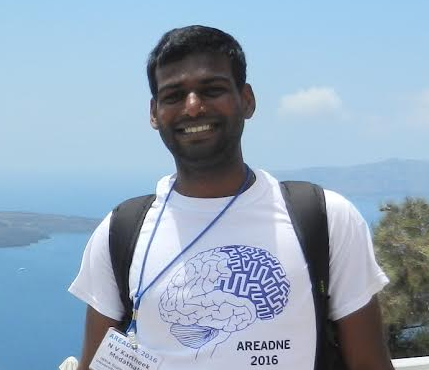Computational Humor
Published:

Introduction
“Humor is instant vacation” - Milton Berle
- What is humor?
- what are the important computational theories of humor?
- What are the popular models and their current limitations?
- What are the popular benchmarks?
- How do we accurately measure the performance of such systems?
- What are the novel applications enabled by these systems?
*(Under Construction)
Datasets for Humor Detection
| Dataset Name | Data Type | Description and Characteristics |
|---|---|---|
| CMU Multimodal Opinion Sentiment and Emotion (MOSEI) | Audio, Visual, Text | A large-scale dataset containing audio, visual, and textual data for sentiment, emotion, and humor analysis. It includes speech, text transcriptions, and visual features from movies. |
| YouTube Multimodal Humor Detection Dataset | Audio, Video, Text | A multimodal dataset that combines audio, video, and text information from YouTube videos with humorous content. |
| MovieHumorDetection (MHD) Dataset | Audio, Video | This dataset focuses on humor detection in movie scenes, providing audio and visual cues from various films. |
| Reddit Jokes Dataset | Text | A collection of humorous text data from Reddit. Used for text-based humor detection research. |
References
- https://en.wikipedia.org/wiki/Theories_of_humor
- https://floriandietz.me/humor/
- Computers Learning Humor is No Joke
- A Little Metatheory: thoughts on what a theory of computational humor should look like
- Mulit modal humor detection
- Reddit Humor Detection
- UR-Funny
